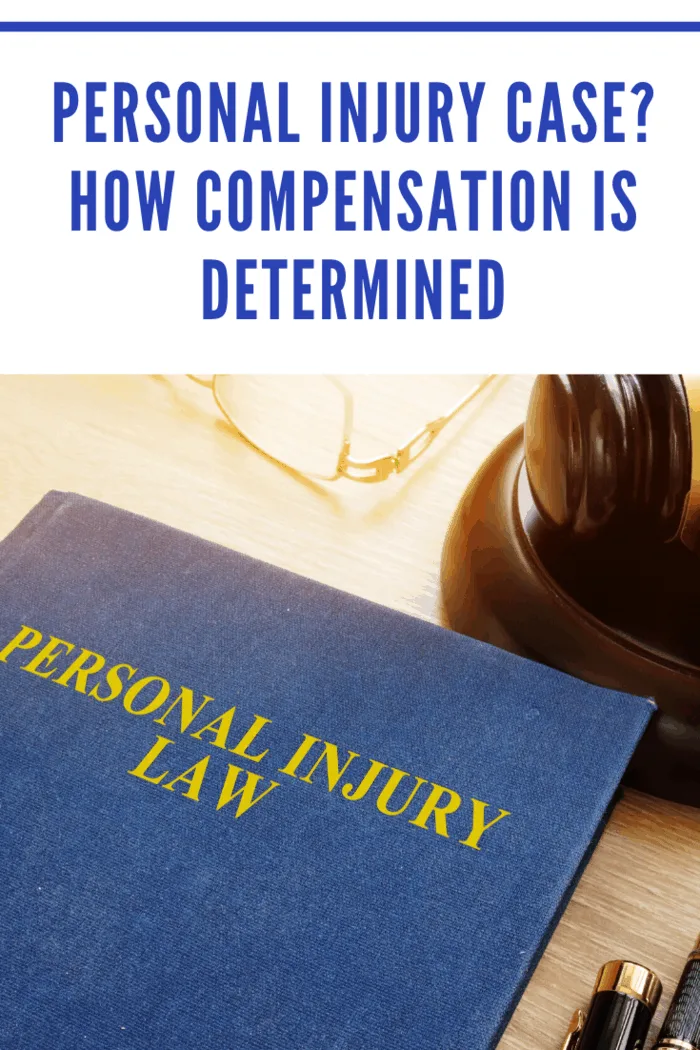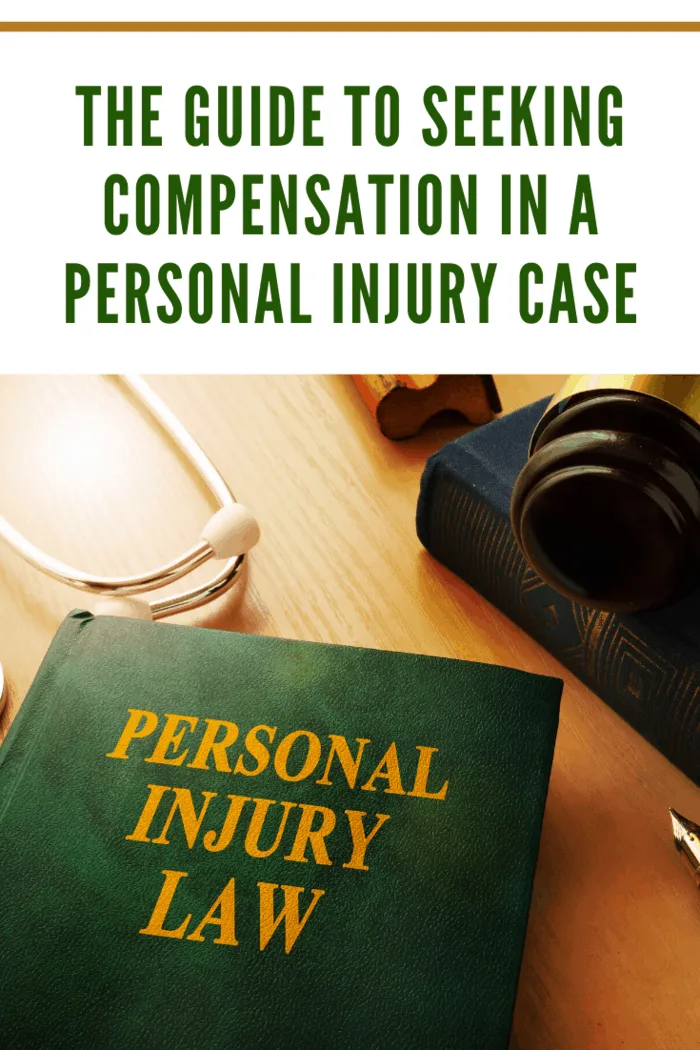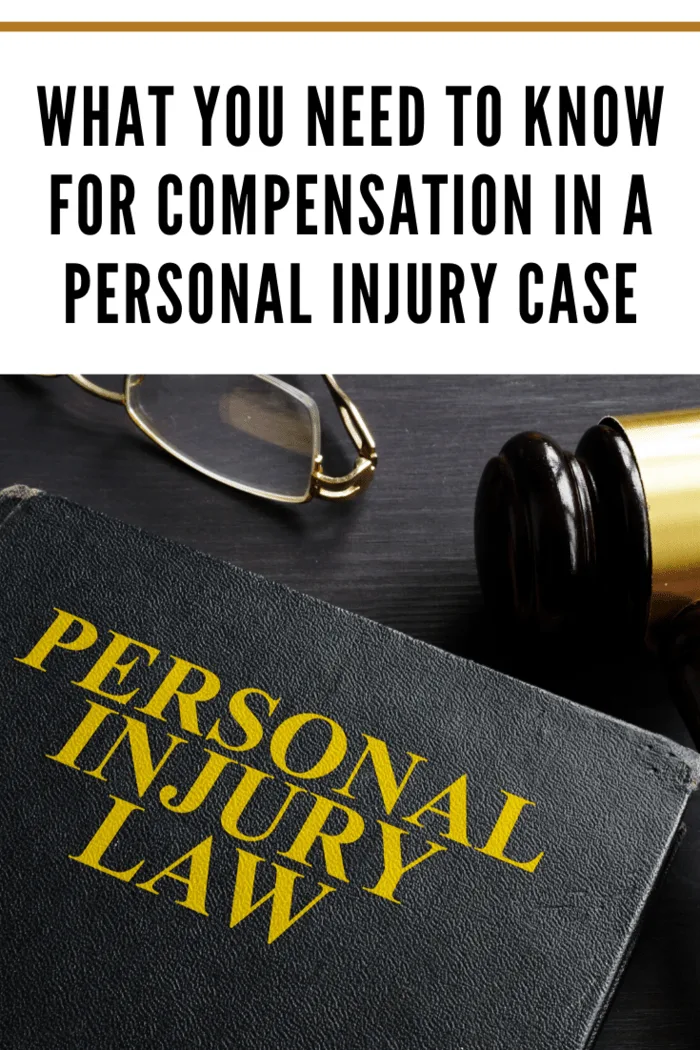How Well You Build a Case Determines the Compensation You Can Receive in a Personal Injury Case
When an auto accident disrupts your life, keeping you from work and normal activities, the law empowers you to seek compensation for your injuries and suffering. To navigate this complex process and ensure you get the compensation you deserve, it’s crucial to build a strong case. Here’s a detailed guide on what steps to take immediately after an accident and how to effectively present your personal injury case.
According to the National Highway Traffic Safety Administration (NHTSA), nearly 6 million car accidents occur each year in the U.S., highlighting the importance of being prepared and knowing what steps to take if you’re involved in one.

Documenting the Accident Scene
Capture Every Detail
Immediately after the accident, start documenting everything. If your injuries aren’t severe, gather details about the incident while you’re still at the scene. Use your phone to take pictures of the accident site, the vehicles involved, and any visible injuries.
Seek Immediate Medical Attention
Even if you don’t feel seriously injured, see a doctor as soon as possible. Medical records are vital for your case as they document the extent of your injuries and their impact on your life.
Involve the Police
Always call the police to the accident scene. A police report provides an official account of the incident and often includes evidence of fault. This report is crucial for your claim.

Collecting Evidence
Gather Witnesses
Witnesses can significantly strengthen your case. Collect their contact details and ask them to provide a written or recorded account of what they saw.
Photograph Everything
Take extensive photos of the accident scene, damaged vehicles, and any injuries. Capture traffic signals, road signs, and surrounding areas that might be relevant.
Estimate Vehicle Damage
Get multiple repair estimates for your vehicle. These quotes will support your claim for vehicle damage compensation.

Building Your Case
Compile Medical Records
Your medical records and bills are essential pieces of evidence. They prove the severity of your injuries and the treatment costs.
Create a Comprehensive Narrative
Using the police report, witness statements, photos, and medical records build a narrative that clearly shows the other party’s fault and how the accident has affected your life.

Seeking Legal Advice
Consult an Expert Attorney
Only an expert in personal injury cases can guide you on the likelihood of obtaining compensation. A skilled attorney can negotiate with the insurance company or represent you in court if necessary.
Your Role in a Personal Injury Case
Stay Proactive
Your active involvement in gathering and preserving evidence can significantly influence the outcome of your case.
Ask Yourself:
- Have I documented every detail of the accident?
- Did I seek immediate medical attention?
- Have I gathered witness statements?
